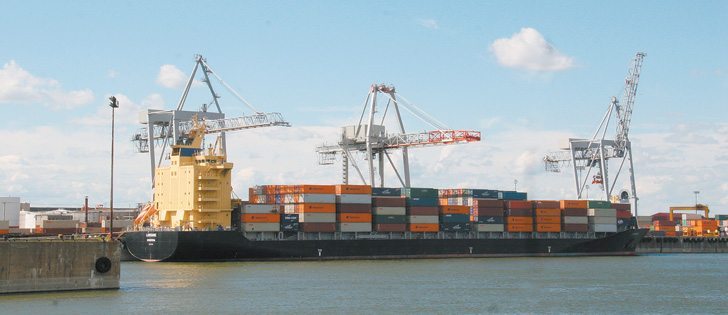The darkest part of Jodi Picoult’s novel Vanishing Acts is the chapter on protagonist Andrew’s imprisonment.
Interpersonal conflict in the prison was so extreme he was sure he couldn’t face it for another day. His lawyer was ultimately able to get him moved to “administrative segregation” and reassured him that he would win the case and get the charges overthrown.
At the end of that sinister chapter Picoult wrote a wonderful nugget of truth. Upon hearing that reassurance Andrew is quoted as thinking “like anyone who finds himself adrift at sea, I reach for (the thrown) lifeline. I believe (my lawyer), and just like that, I remember how to float.”
Read Also

High prices see cow-calf producers rushing to incorporate
Farm accountants are reporting a steady stream of cow-calf producers rushing to get their operations incorporated ahead of selling their calves this fall.
Whether it is when we are helplessly enmeshed in a financial crisis, or when our body has been wrapped in pain or when we try to restore a relationship, we may be fortunate enough to hear someone say, “I will help you”.
As we reach for the lifeline, the memory of what is possible gives us back our recall and fills us with hope. We remember how to float.
We are able to approach a resolution.
I recall a time early in my ministry when I made a wrong decision. The anger of the whole community was heaped on me. Thankfully, one board member, an extremely quiet gentleman said, “who of us hasn’t made some mistake?” Those words were my lifeline as the murmurs grew fainter. I could carry on.
Through the voice of another person, the guidance of another hand, or the surge of courage that comes from beyond, our perspective changes.
We have come face-to-face with our vulnerability but are now lifted to a new plain.
From deep within we “remember how to float”. This is the essence of prayer.














